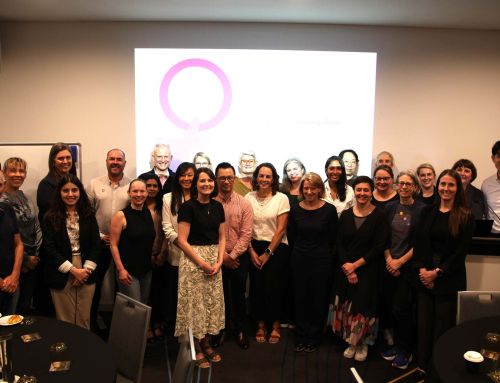ANZGOG Member, Dr Tharani Sivakumaran, comments on the findings of a recent publication of an ovarian cancer study that looks into the impact of chemotherapy dose reductions and dose delays on progression-free survival (PFS) in women with ovarian cancer receiving first-line chemotherapy in a real-world prospective cohort study.
Dr Sivakumaran is a medical oncologist with an interest in improving outcomes for patients with gynaecological cancers and carcinoma of unknown primary. She is currently undertaking a PhD at Peter MacCallum Cancer Centre, Melbourne, VIC.

Ms Sivakumaran is a medical oncologist at Peter MacCallum Cancer Centre.
“Dose modifications are common in epithelial ovarian cancer (EOC) patients undergoing chemotherapy with carboplatin and paclitaxel due to haematological and neurological toxicities. In this retrospective analysis, we described the impact of dose reductions and delays on progression-free survival (PFS) in women with ovarian cancer.
634 eligible women were treated with either three-weekly or dose-dense carboplatin and paclitaxel regimens in the national prospective Ovarian cancer Prognosis And Lifestyle (OPAL) study. The OPAL study is a national prospective cohort study of patients diagnosed with EOC between January 2012 and May 2015, which prospectively collected clinicopathological, sociodemographic and lifestyle data. Women who received three-weekly carboplatin and dose-dense paclitaxel experienced more dose reductions and delays due to toxicities and lower completion rate compared with women who received three-weekly carboplatin and paclitaxel. Multivariable model adjusted for age, FIGO stage and histology revealed no significant differences in PFS between whether or not a dose reduction (p=0.55) or dose delay occurred (p=0.18). Patients who require at least one dose reduction or delay for toxicities can be reassured that this will not significantly affect their clinical outcome. The results support three-weekly carboplatin and paclitaxel remaining as the standard of care.”











